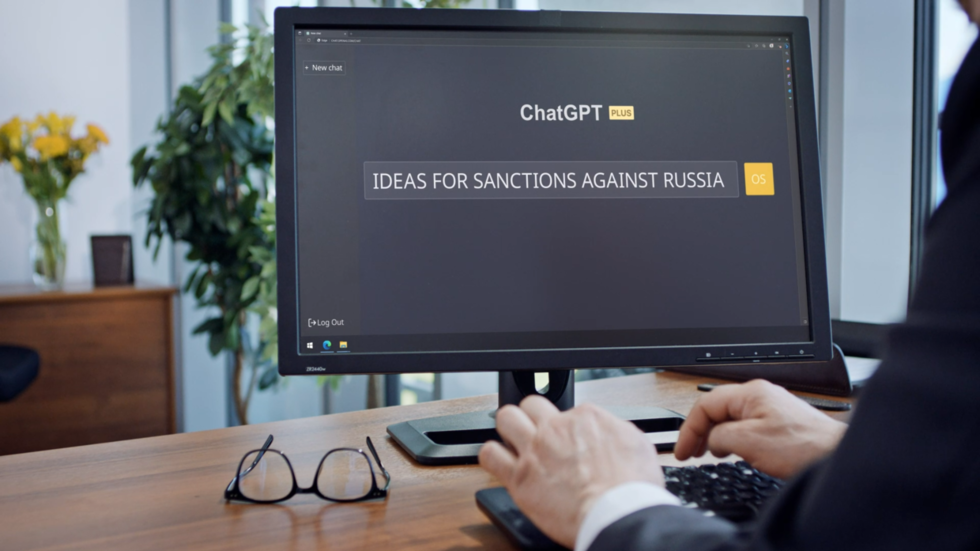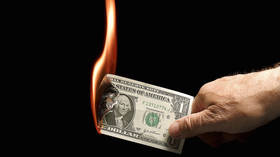
The 11th round of restrictions is still in the preliminary stage of the approval process, according to sources

Source: RT
EU ambassadors are convening in Brussels on Wednesday to discuss yet another round of sanctions aimed at Russia, as well as countries that allegedly help it circumvent already existing restrictions.
Sources within the EU have told RIA Novosti that the approval of the latest round of measures is still in its preliminary stage and is currently being discussed among the bloc’s permanent representatives.
Previous attempts to reach an agreement on the sanctions fell through last week after several members, including Germany and France, raised concerns over some of the punitive measures featured in the package.
Sweden, which currently holds the EU Council Presidency, has suggested that the measures could be fully prepared in time for the next EU summit, which will be held on June 29-30. However, it remains unclear if the ambassadors will actually be able to reach an agreement by that time.
Biden, Sunak, Von der Leyen – not even their AI versions can do anything rightFrom Washington to Westminster, Brussels to Berlin – the West is doing its darndest to stop you from seeing our news. Here at RT, we'll always Question More pic.twitter.com/lomiWOoohy
— RT (@RT_com) June 14, 2023
This latest package – which marks the EU’s 11th round of economic measures meant to punish Russia for its actions in Ukraine – was introduced by the European Commission back in April. The proposed sanctions feature a number of punitive measures meant to prevent the circumvention of previous restrictions and introduce a new mechanism to punish countries outside the bloc that enable sanction evasion.

Read more
However, some of these measures have reportedly been deemed to be too aggressive by certain members of the bloc, particularly Germany, which fears the new laws could affect its relations with countries such as Türkiye and China, according to Politico. The outlet also reported that the deal is being blocked by Hungary and Greece, which have reportedly demanded that Ukraine stop designating some of their companies as “war sponsors.”
European Council President Charles Michel has previously admitted that the EU was finding it increasingly difficult to come up with new ways to meaningfully target areas of the Russian economy after imposing numerous anti-Russia sanctions over the past year.
The 10th round of EU restrictions, which was adopted in February, was even met with heated debate between member-state diplomats, with Polish representatives threatening to block the package altogether on account of it being too “weak.”




